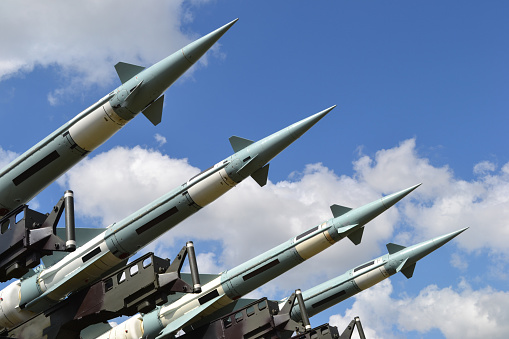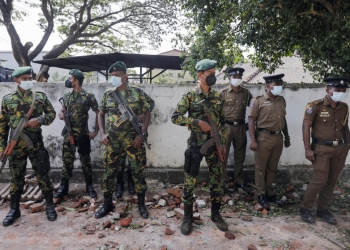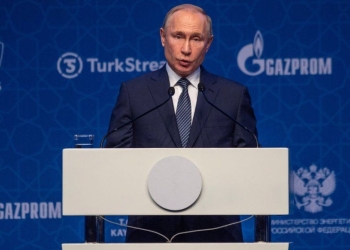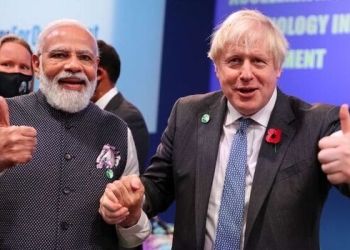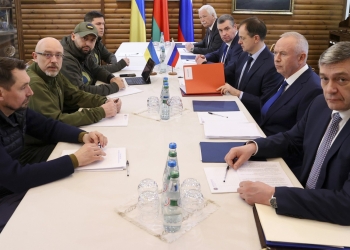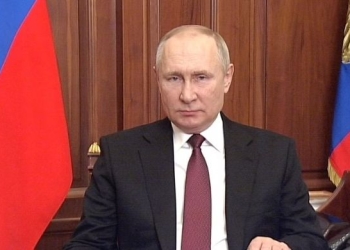The Joint Comprehensive Plan of Action (JCPOA) was signed in 2015 by Iran and many international countries, including the United States, and it set major constraints on Iran’s nuclear programme in exchange for sanctions relief. President Trump withdrew the US from the agreement in 2018, arguing that it failed to constrain Iranian missile development and influence in the middle east. A year afterwards, Iran started defying restrictions on its nuclear programme. Both Washington and Tehran have stated that they would revert to the previous contract, but they differ on how to do it. China stated that the United States should apologise for abruptly departing from a nuclear agreement with Iran, and also that the Persian Gulf country may continue meeting its nuclear obligations on that premise.
With the passage of a New Law, China has strengthened its Land Border Security
China praised Iran’s willingness to resume nuclear negotiations, according to Xinhua News Agency, reporting a telephone conversation involving Foreign Minister Wang Yi and his Iranian colleague Hossein Amirabdollahian on Saturday. Amirabdollahian informed Wang that Iran is dedicated to restarting nuclear discussions and is eager to boost up collaboration with China on the issue. Iran declared this week the reopening of multilateral nuclear discussions that had been halted for months. The talks are aimed at reviving the dormant 2015 nuclear agreement, which outgoing US President Donald Trump pulled out of moreover three years ago.
The nuclear deal, which was terminated by the Trump administration in 2018 in order to reimpose penalties, provided foreign monitors with unlimited access to Iran’s nuclear sites. Many of these authorities, though, have been restricted since February, undermining global monitoring of the programme. Iran insists that its nuclear programme has a militaristic element, but doubts about that assertion prompted international countries to seek the 2015 agreement.

